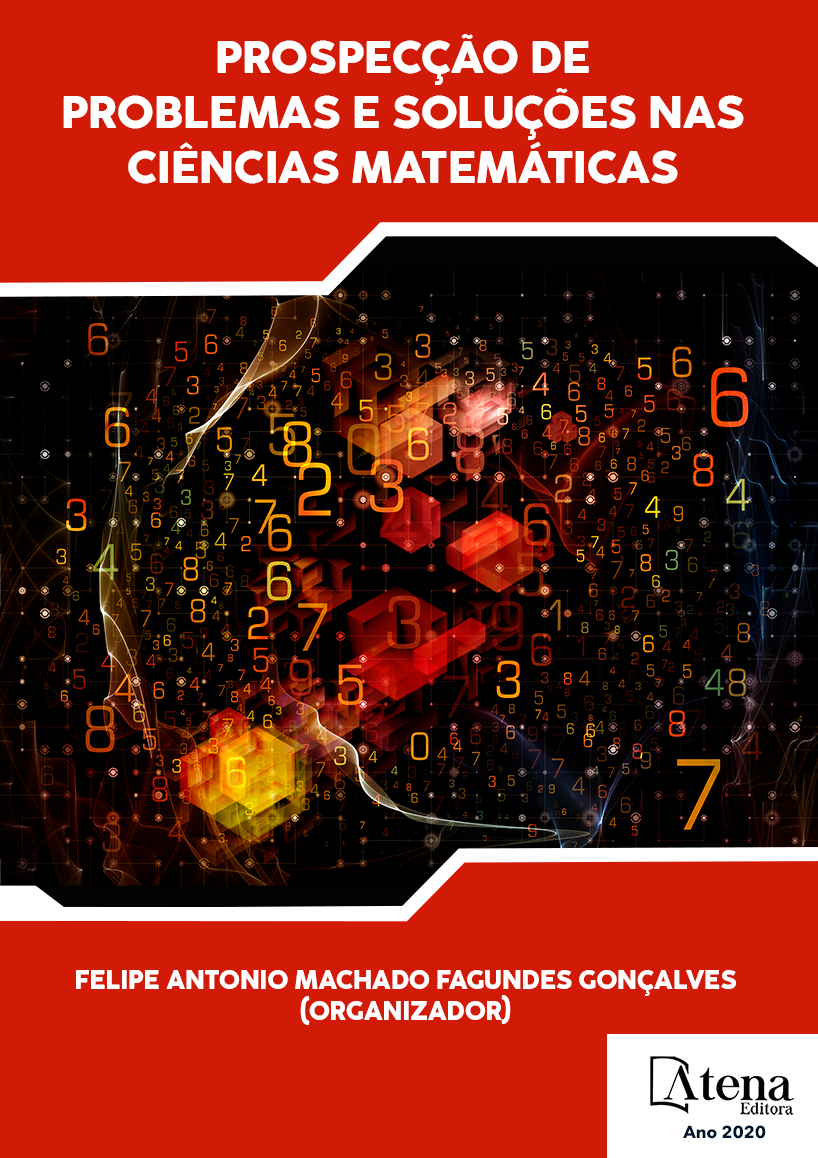
A CONSTRUÇÃO DO CONHECIMENTO E O JOGO DE REGRAS MANCALA À LUZ DA TEORIA PIAGETIANA
Tomando o aporte da teoria piagetiana como base, a pesquisa descrita neste artigo está vinculada ao grupo de estudos do CNPq: “Processos de escolarização no cotidiano escolar” e teve como objetivo analisar o uso do jogo de regras Mancala em aulas de Matemática. Nessa perspectiva teórica, o jogo de regras é considerado um importante instrumento por meio do qual os processos constitutivos do pensamento podem ser explicitados, ao mesmo tempo que as intervenções possibilitam elaborações internas do pensamento. Considerou-se o contexto de uma turma de 4º ano do Ensino Fundamental I. O estudo foi conduzido em duas etapas. Da primeira etapa participaram 26 alunos com idades de 7 e 8 anos que tiveram acesso ao jogo Mancala, conheceram sua história, as diferentes culturas nas quais ele é encontrado, as regras, as principais estratégias em situações de aprendizagem do jogo. Da segunda etapa participaram 7 duplas de alunos escolhidos por sorteio com Termo de Consentimento Livre e Esclarecido (TCLE) assinado pelos respectivos responsáveis. Os resultados indicaram que o jogo Mancala foi desencadeador de processos cognitivos, afetivos e sociais e, portanto, serve ao propósito de orientar práticas pedagógicas para promover aprendizagens da Matemática. O jogo favorece a apresentação de situações de ensino favoráveis à aprendizagem de conceitos Matemáticos, tanto do ponto de vista cognitivo (aprender a jogar bem o jogo, desenvolver estratégias para vencer os desafios do jogo), quanto dos aspectos afetivo e social (compreender o perder e ganhar, competir e a frustração) como partes do jogo.
A CONSTRUÇÃO DO CONHECIMENTO E O JOGO DE REGRAS MANCALA À LUZ DA TEORIA PIAGETIANA
-
DOI: 10.22533/at.ed.71320020415
-
Palavras-chave: Construção do conhecimento; Educação Matemática; Jogo de regras Mancala; Epistemologia Genética
-
Keywords: Knowledge construction; Mathematics Education; Rule game Mancala; Genetic epistemology
-
Abstract:
Based on the Piagetian’s theory, the research described in this paper had as objective ponder on the rule game Mancala in Mathematics classes. In this theoretical perspective, the rule games is considered an important instrument whereby the thinking can be explicit, simultaneously those interventions allow for internal elaboration of thinking. It was considered the context of a fourfh grade class of elementary school. The study was conducted in two steps. The first stage was attended by 26 students aged 7, 8 years old, who had access to the game Mancala, they knew the game history, the different cultures in which it can be found, the rules, the main strategies in learning situations of the game. In the second stage participated 7 pairs of students had been selected by TCLE form signed by the respective guardians. The results indicated that the Mancala game triggered cognitive, affective and social processes and, therefore, serves the purpose of guiding pedagogical practices to promote mathematics learning. The game favors the presentation of teaching situations favorable to the learning of mathematical concepts, from the cognitive point of view (learning how to play the game well, developing strategies to overcome the game's challenges), as well as the affective and social aspects (understanding losing and winning, competing as frustration), as part of the game.
-
Número de páginas: 15
- Maria Fernanda Maceira Mauricio
- Sidney Lopes Sanches Jr
- Guilherme Aparecido Godoi
- Francismara Neves de Oliveira


